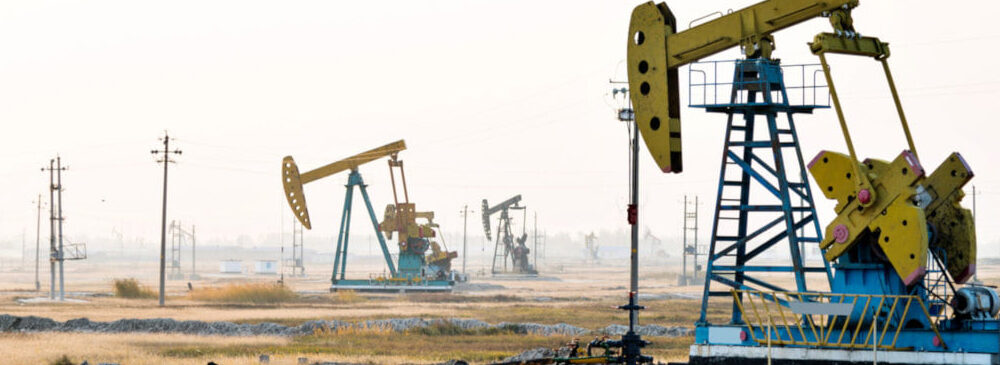- Home
- About us
- Study at GUNon-dual Degree
- Field of Administrative Sciences
- Field of Engineering
- Field of Computer Science
- Field of Applied Health Sciences Technology
- Technology of Radiology & Medical Imaging Program
- Technology of Prosthetic & Orthotic Devices Program
- Technology of Prosthetic Dentistry Program
- Medical Laboratory Technology (MLT) Program
- Technology of Respiratory Therapy Program
- Technology of Anesthesia & Intensive Care Program
- Technology of Occupational Therapy Program
- Field of Basic Sciences
- Field of Art & Design
- Field of Media Production
- Field of Computer Engineering
- Doctor of Pharmacy (PharmD) Clinical Pharmacy
- Field of Nursing
- Field of Dentistry
- Field of Physical Therapy
- Field of Medicine
- Field of Human and Social Sciences
- Powered by ASUDual Degree
- Life at GU
- President
- Admissions
- SDG ImpactUnited Nations










